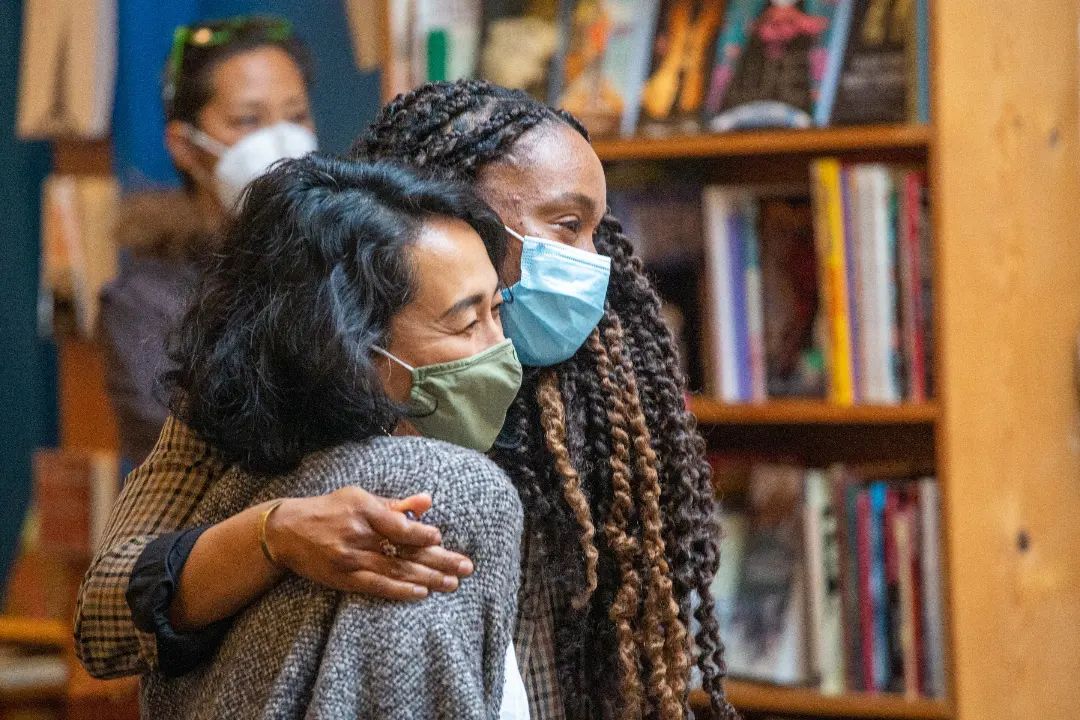
Botanical Papwerworks
Grounded in the SF Bay’s BIPOC communities

The mission of Pochino Press is to publish works that illuminate stories from the intersections where hybrid cultures meet.
Based in the San Francisco Bay Area, they focus on building and connecting communities of color, locally and internationally, through the works they choose to publish.
Their publications include collaborative art books with an Emmy Award-winning painter, a vegan Persian cookbook, a collection of short stories, fiction set in San Francisco’s Mission District, art by an East Oakland tattoo artist, and a look at Chicano hip-hop in Taiwan.
As professor and community educator, and press co-founder, Daniel Zarazua, explains, “We don’t publish for the sake of publishing, but rather, each work is seen as an opportunity to create another platform for people who’ve been historically silenced and to bring together communities who might not ordinarily share space.”
Zarazua says that Pochino’s writers and artists challenge assumptions around identity, often drawing from multiple communities to create new perspectives and storylines. This includes people who identify as multi-racial or third culture (raised in a culture different from that of their parents.)
“I’d add that all three of our founders are people of color, two of whom are women (Xiomara Castro and Daniel’s wife, Monica Zarazua). Our lived experiences differ greatly from most people we’ve met in the publishing world. Collectively, we also have dozens of years of work in education and youth development, so view publishing as an extension of our community work,” he points out.
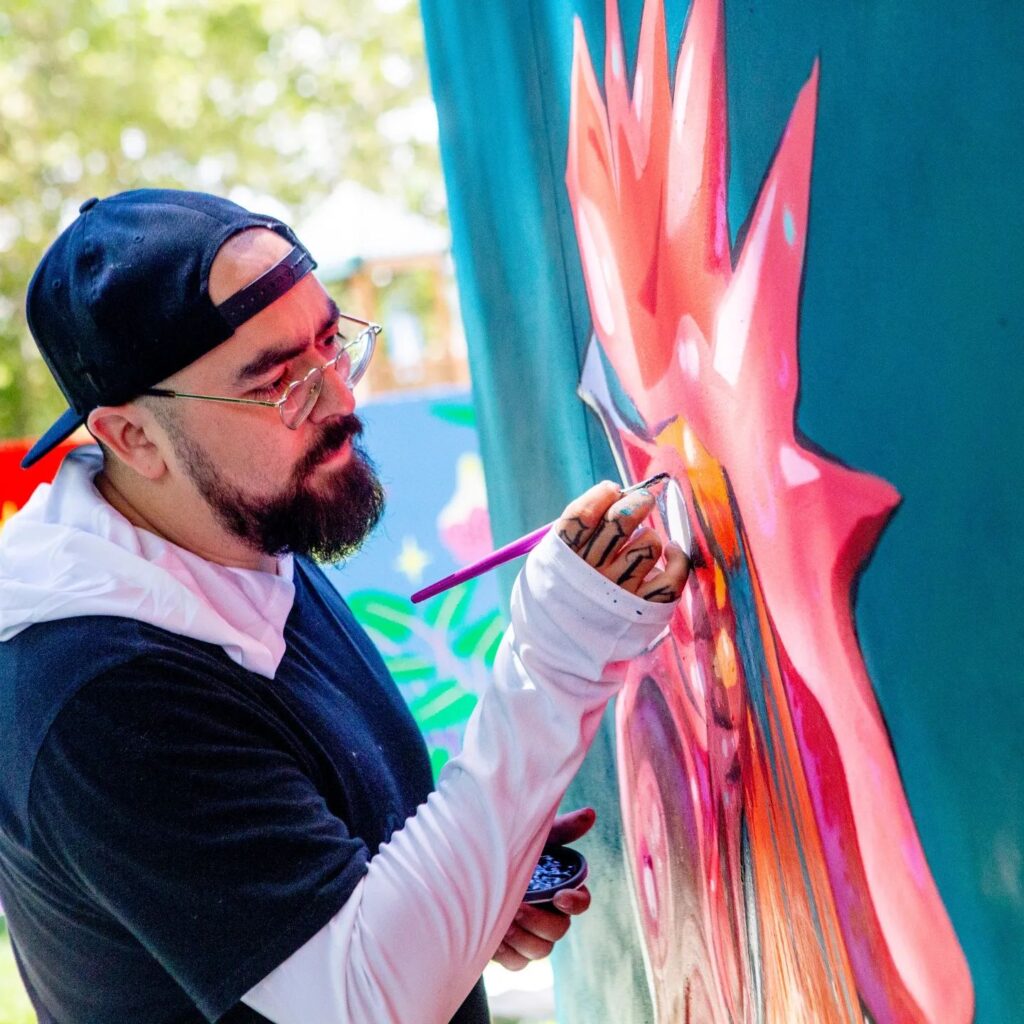
Reflecting the Local BIPOC Communities
Pochino Press aims to have every aspect of their business reflect their local community, which is primarily Black, Indigenous People of Color (BIPOC). This includes whom they publish and hire, where they hold their events, and the vendors with whom they collaborate.
“We do our best to make our events attractive to our community, which is incredibly diverse. This includes people from all backgrounds who don’t see themselves as readers and don’t ordinarily visit bookstores.
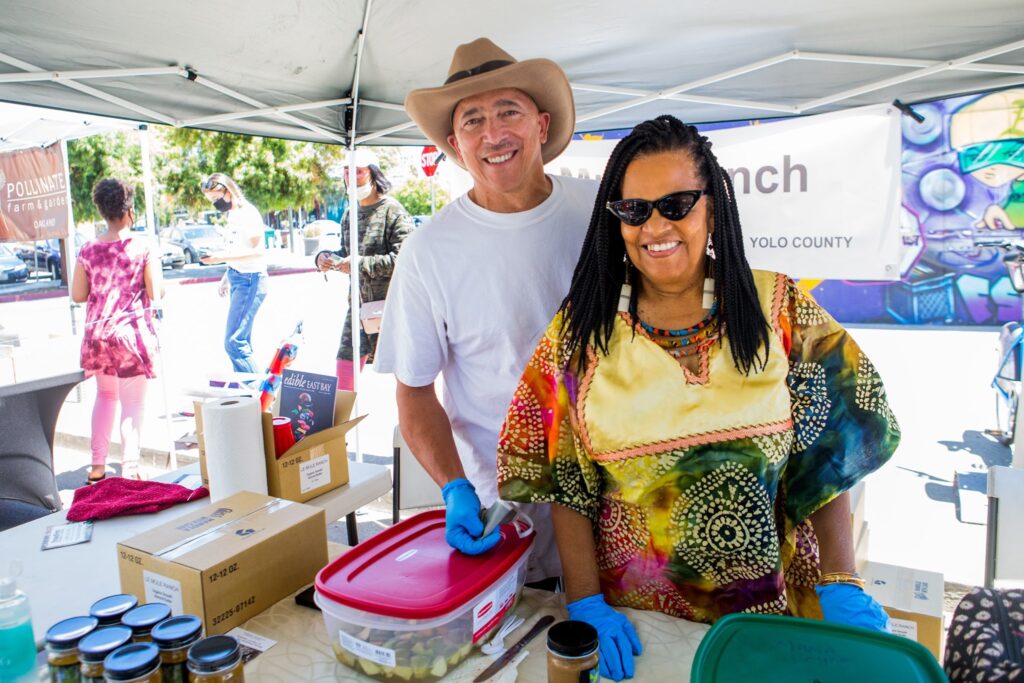
In addition to the places you would typically expect to find book lovers, such as book fairs, we’ve done events at a local fashion store, have an ongoing open mic series with a Black-owned barbershop, have partnered with high schools for writing workshops, and prioritize relationships with library branches directly serving our community,” says Zarazua.
Some publishers say they would love to publish more writers of color, but either don’t receive enough submissions from BIPOC writers or don’t think they can successfully market books about the BIPOC experience to their customer base. Zarazua says that if you want more submissions from writers of diverse backgrounds, you need to pay attention to how you interact with diverse communities and how you present yourself. This has always been a goal of Pochino Press.
In terms of their customer base, Pochino acknowledges there’s always a financial reality to consider. They quickly saw that marketing some of the books they were excited to publish would be a challenge.
“There are works that we’ve loved and published, knowing there was little to no financial reward, but that’s not sustainable. A pivot we did was to become a non-profit so we could apply for grants, giving us more freedom to focus on the work and not worry as much about sales,” Zarazua says.
Collaboration with Authors
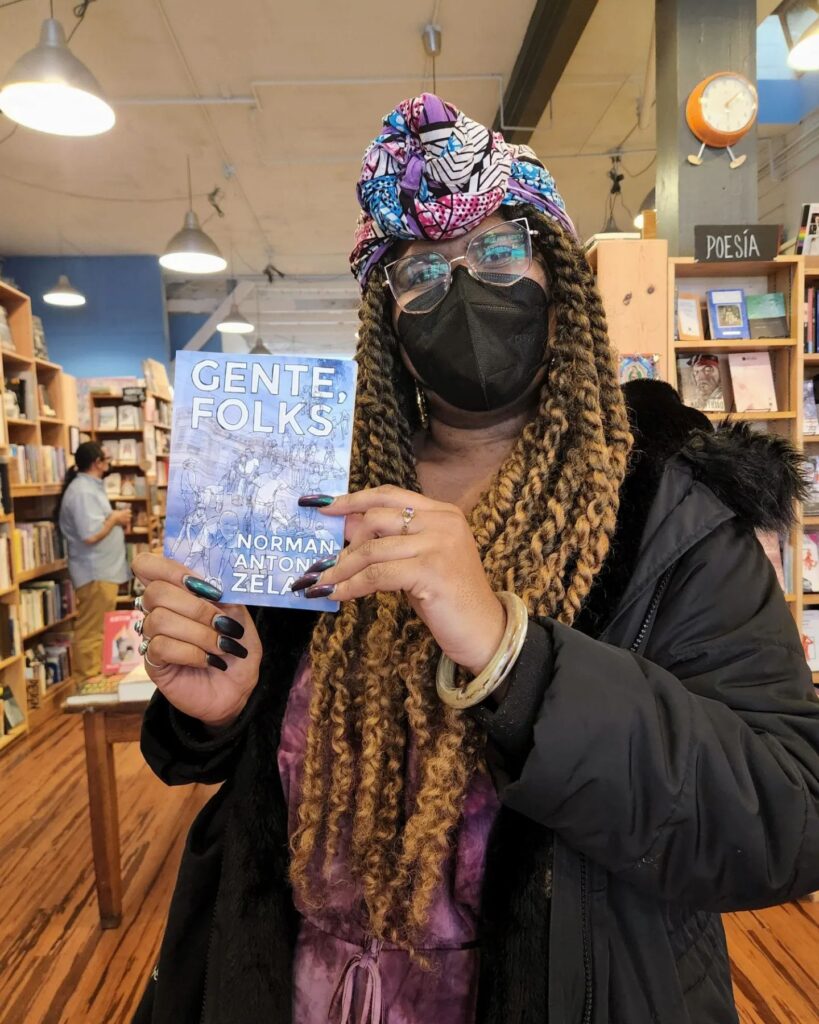
Pochino Press focuses on working with authors and developing personal creative relationships that are not merely transactional.
“Writers, artists, and readers can read that energy. In some ways, just treating people with basic respect has been key to our success, but I certainly don’t want to minimize people coming to a place where they hear people talking in familiar ways and other cultural markers that make people feel at home,” says Zarazua.
The press collaborates as much as possible with the writers and artists on small details and larger matters, from choosing paper types for the books to planning release parties. They say the personalized approach and the agency the authors have while working with Pochino Press helps them to attract writers and artists with impressive histories as a small press.
Cornelius Harris, contributing writer and manager for the Underground Resistance record label, says, “I’d say it begins with relationships, that we’ve known you for over 20 years now, and the work that everyone at Pochino has done previously is impressive and inspiring.
But beyond that, an independent press is a place where new and different ideas can be codified and shared in a unique way. Pochino has demonstrated this in their prior work, but more directly, through Daniel Zarazua, what we do with Pochino is much more collaborative than what would happen anywhere else.”
Conscious, Data-Driven Expansion and DEI
In terms of internal diversity, equity, and inclusion (DEI) initiatives among their management and staff, they have recently started looking more broadly at their hiring procedures. They initially relied on personal referrals and connections to bring people aboard and are now seeking new revenue streams to fund conscious growth.
“DEI is central to our personal and professional lives, so we look at both qualitative and quantitative data to see what we’re doing well and where we need to grow,” says Zarazua.
These initiatives began before George Floyd’s murder and the resurgence of the Black Lives Matter movement.
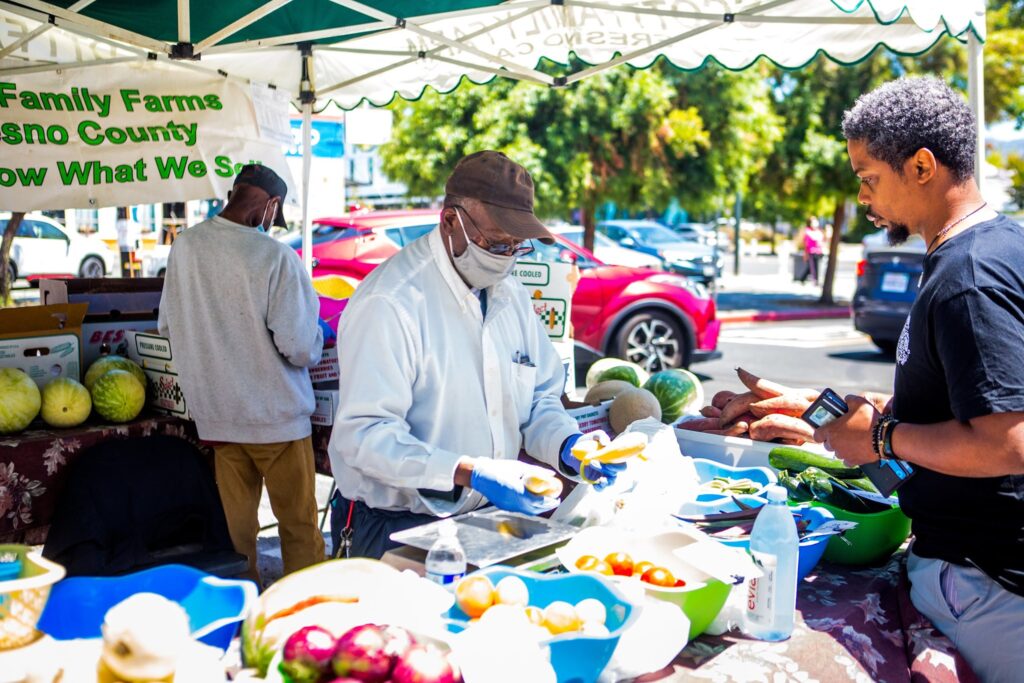
Zarazua explains that while the murder received well-justified attention, Pochino Press’s founders and affiliates are from communities where these issues are nothing new.
“In our day jobs, we’re all veteran educators and activists as it was drilled into us from a young age to get involved in our communities, including challenging institutionalized inequities. Our team’s impetus for founding the press is rooted in both the traumas and organized struggle we learned about and experienced in our day-to-day lives,” says Zarazua.
Pochino Press scaled back its business in 2020, doing fewer publications and events to strengthen its business model and practices.
“We want to have a strong enough financial model that we’re tangibly impacting our communities by contributing to the economic ecosystem in a meaningful way. We hope our work helps address the conditions that led to George Floyd’s murder and that of others like him,” says Zarazua.
One way they have recently pivoted is by refocusing on Bay Area writers. “Aside from anthology contributors and cover artists, we’ve shied away from publishing creatives outside of our geographical area. We simply don’t have the infrastructure to properly support them. In our early years, we tried, but it simply wasn’t sustainable.The vibes were good, but financially it was challenging,” Zarazua says.
While it seems like a limitation, this new mission has helped to strengthen the ties Pochino has built with local writers and surrounding communities. The Bay Area is home to many immigrants and children of immigrants, and having the local focus allows them to stay connected with different local diaspora communities.
Inspirations From Black History, for Black History Month
As it is Black History Month, Zarazua has several favorite Black authors and says that their work inspires him to continue with the mission of Pochino Press.
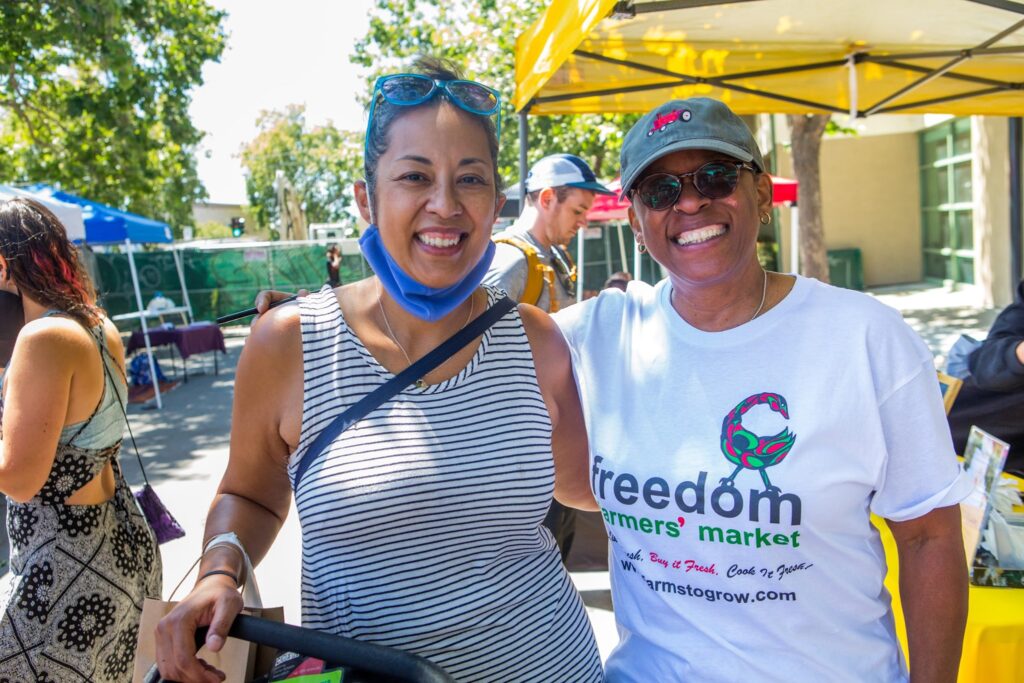
“There are so many! I’ll narrow it down to four, with each representing different reasons. 1. Black Noise by Dr. Tricia Rose. At that time, I had no idea that hip-hop had a place in academia. 2. Various titles by Octavia Butler. As a fantasy/speculative fiction nerd, to have her normalize diversity in a beautifully written and complex way was mind-blowing. 3. Negroes With Guns by Robert F. Williams.
Alongside The Autobiography of Malcolm X, this book really got me thinking about social resistance in more complex ways, both domestically and internationally.
4. Searching for Zion by Emily Raboteau. Her global search for a homeland strongly resonated with me, as did her critical lens around some generally accepted narratives.”
As for books from Black authors published by Pochino Press, he has a few shout-outs:
“Author Aqueila M. Lewis-Ross: I love how open and vulnerable she is with her writing. In my role as a high school teacher, I’ve seen firsthand how impactful her writing is for young women.
Emmy Award-winning artist James Gayles: For me, he’s a living legend, and we’re incredibly humbled that he chose to work with us on multiple art books. His work speaks for itself, and one of my true joys is hearing his perspective and thoughts on jazz, history, and just life in general. His books have attracted some amazing writing contributions from cities as diverse as Addis Ababa, Taipei, and of course, Oakland, which is a testament to how respected he is in the creative community. The local centering, yet international feel, of his work epitomizes what our press is all about.”
As for new projects in the wings, Zarazua says, “We have some exciting projects in the works, including a collaboration with an Afro-futurist collective from Detroit and one that includes an exploration of Black identity in Asia. I can’t share specifics yet, but we think these works will add some fresh ideas to existing conversations. Stay tuned!”
TROORA MAGAZINE | APRIL 2023
WRITTEN BY CRISTINA DEPTULA
PHOTOS COURTESY OF POCHINO PRESS







Leave a Reply